|
|
|
Editor's note
|
|
Nau mai haere mai - welcome to this week’s New Zealand newsletter.
I am sending this a day later than usual because I wanted to make sure you get the latest news. Research published this morning shows that a 2°C warning could lead to widespread melting in Antarctica, with the loss of the continent’s smaller ice sheet and margins of East Antarctica, which in turn would lift the seas by 20 metres over the coming centuries. Georgia Grant, at GNS Science, and Tim Naish, at Victoria University of Wellington, describe how they were able to analyse sea levels during the Pliocene, the last time atmospheric carbon dioxide concentrations were above 400ppm and Earth’s temperature was 2°C warmer than pre-industrial times, some
three million years ago.
This week, controversial Australian tennis player Nick Kyrgios begins a six-month probationary period for a “pattern of aggravated behaviour”. But AUT lecturers Marilyn Giroux and Jessica Vredenburg argue that this makes Kyrgios highly valuable for the sport and sponsors trying to expand their market.
And looking at plans to revamp Auckland’s downtown and waterfront, AUT’s Carl Douglas explains that streets are some of our most important public spaces and suggests five ways in which planners can improve the inner city.
You’ll find much more in this newsletter and on the New Zealand page. You can also catch up on all Climate Explained articles. Many thanks for reading - and please recommend this newsletter to friends and colleagues. Ka kite anō a tērā wiki.
|
Veronika Meduna
New Zealand Editor
|

|
|
Top stories
|
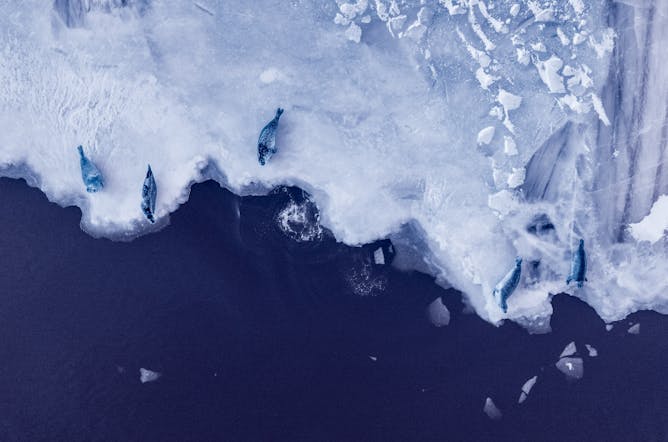
During the Pliocene, up to one third of Antarctica’s ice sheet melted, causing sea-level rise of 20 metres.
from www.shutterstock.com
Georgia Rose Grant, GNS Science; Timothy Naish, Victoria University of Wellington
New research shows that warming by more than 2°C could be a tipping point for Antarctica's ice sheets, resulting in widespread meltdown and changes to the world's shorelines for centuries to come.
|

Australian tennis player Nick Kyrgios was sentenced to six months of probation following several controversial events and an ‘aggravated pattern of behaviours’.
EPA/Jason Szenes
Marilyn Giroux, Auckland University of Technology; Jessica Vredenburg, Auckland University of Technology
As Australian tennis player Nick Kyrgios begins his probationary period this week for a pattern of bad behaviour and foul language, his value to sponsors and the sport of tennis remains high.
|

Eating less meat is one change many of us can make to reduce our contribution to climate change.
from www.shutterstock.com
Nick Golledge, Victoria University of Wellington
Individual actions to reduce emissions are important in two ways. First, they have an immediate impact, and secondly, adopting low-carbon life choices sends a clear message to political leaders.
|
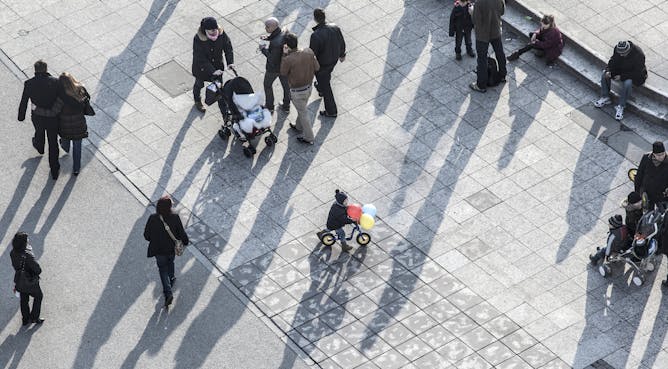
Streets are some of our most important public spaces.
from www.shutterstock.com
Carl Douglas, Auckland University of Technology
Auckland, New Zealand's largest city, is going through a transformation of its centre and waterfront to support of walking, cycling and public transport, and less space for cars.
|
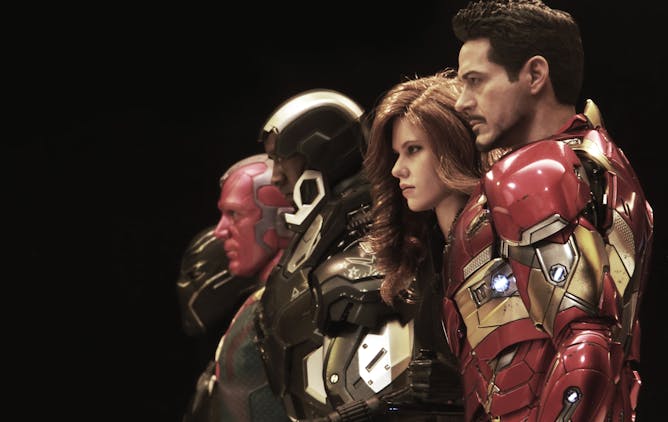
The fictional universe of superheroes can teach us about what motivates some of us to believe in gods.
from www.shutterstock.com
Thomas Swan, University of Otago; Jamin Halberstadt, University of Otago
Superheroes may be able to regenerate and fly through walls, but their supernatural qualities differ from those of spiritual beings that attract religious devotion.
|
From The Conversation's international editions
|
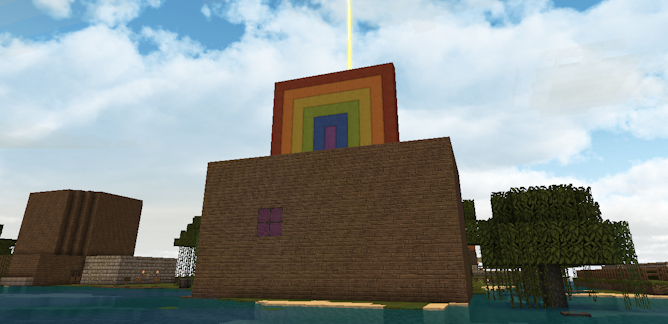
Kathryn Ringland, Northwestern University
The Autcraft community offers a controlled and filtered environment for autistic children to play and socialise
| |

Dan Golding, Swinburne University of Technology
Creators of video game sound scores have more in common with classical composers than you might think - and they create dynamic sounds and music that cleverly respond to play.
|

Lisa Bero, University of Sydney
Most medical research is funded by industry, not public sources. And industry puts pressure on researchers in many ways, from guiding the research question to suppressing unfavourable findings.
| |

Christopher D. Lynn, University of Alabama
An anthropologist works in American Samoa, taking advantage of the island's longstanding tattoo culture to tease out the effects tattoos have on the body's immune function.
|
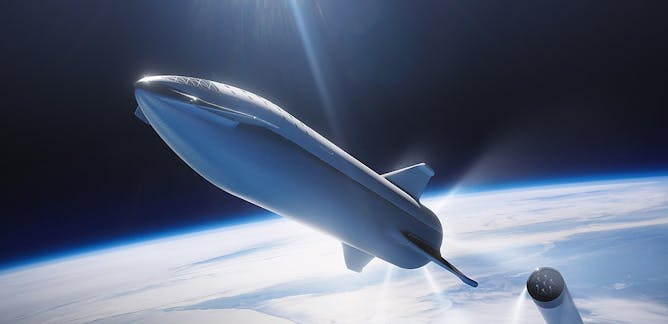
Samantha Rolfe, University of Hertfordshire
Musk's plans have potentially dire consequences for alien life, astronauts and the environment.
| |

Christopher Fear, University of Hull
Behind the showman, there is a very real strategy.
|
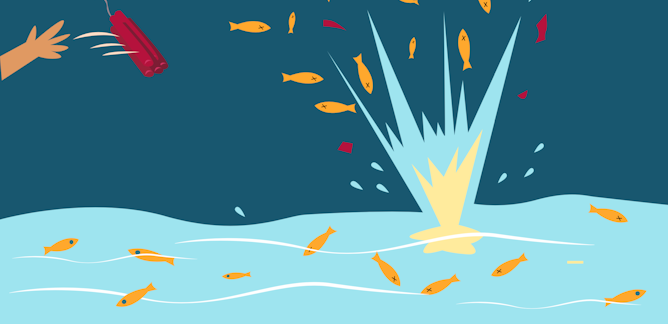
Ali Yansyah Abdurrahim, Indonesian Institute of Sciences (LIPI)
Our study found that some individuals who previously participated in destructive fishing practices can transform into inspiring leaders and influence others to protect coral reefs.
| |
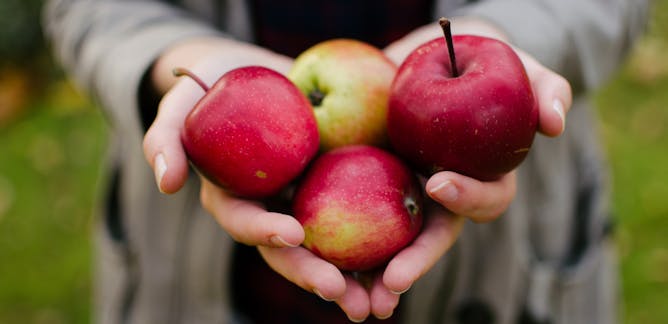
Anthony Fardet, Inra; Edmond Rock, Inra
To understand how healthy a food is, we often look at fats and proteins, vitamins and minerals. But this approach overlooks one property that's a key part of a food's health potential – its structure.
|
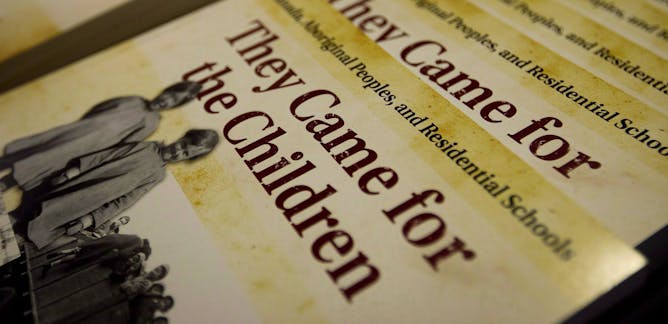
Mary Malebranche, University of Calgary
To make meaningful progress on the Truth and Reconciliation Commission of Canada's Calls to Action, all provinces and territories should promptly follow B.C. and ban discriminatory 'birth alerts.'
| |
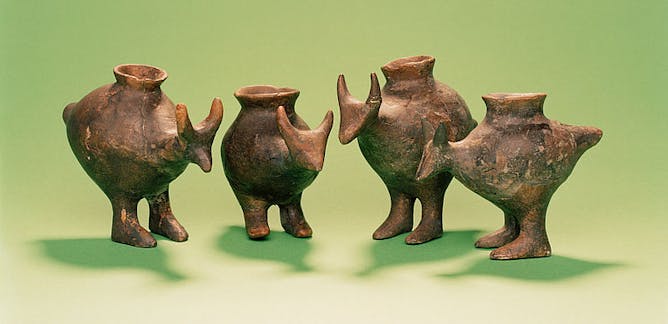
Julie Dunne, University of Bristol
Ancient farmers ensured their children were fed and entertained in a similar way to modern parents.
|
|
|
| |
| |
| |
| |
| |
| |
|
|
|
|
|
|
|